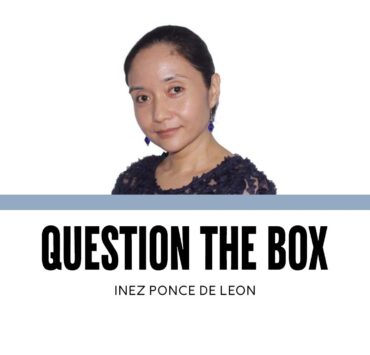Why corruption persists: The need to bring back the hiya culture

The analysis of the origin, persistence, and possible elimination of the “systemic corruption” in the Philippines as written by professor Randy David, must be read by most Filipino citizens regardless of their living standards, educational attainment, and religious or political beliefs. I am not a sociologist like David, or a psychologist, just a regular Filipino citizen. My ideas about corruption are very basic and practical.
As a people, “madali tayong makalimot,” or our memories are short. As David wrote, “as memory fades, everything is forgiven.” Soon after the COVID-19 pandemic, we had congressional investigations into a company called Pharmally. Some were found guilty, but what happened to them ultimately, I don’t know. Was the government reimbursed for the overpricing of supplies, and were there people jailed? NAKALIMUTAN NA. With many hours of work done by the House of Representatives on the possible impeachment of Vice President Sara Duterte, with the dillydallying of the Senate under the leadership of Sen. Chiz Escudero, it seems that it will also be forgotten, which I hope will not happen. Was some form of corruption made against our leaders? I am sure that a significant number of politicians, who we know committed grave corruption while in office, are reelected as long as they satisfy their constituents. The least that we citizens must do to treat this disease called corruption is on our ballots: vote for honest persons. Don’t forget the past.
Let us not forget the Filipino word “hiya.” Hiya is hard to explain, in English: feeling embarrassed, shame, humiliation, shy, embarrassment, shyness, dishonor. Generations before “systemic corruption” became a norm in the Philippines, you can hear fathers saying, “Hindi ko papakainin ng nakaw ang mga anak ko. (I will not feed my children by stealing.)” Ask any social scientist and she/he will tell you how difficult it is to describe “hiya,” which is very unique to us. Just bring back the “hiya” culture, and that should at least diminish corruption. Nowadays, some corrupt people themselves are not shy to flaunt the fruits of their corruption since, at times, people look up to them as success stories. If they have “hiya,” they would not flaunt their riches.
We only have one country, and we are the only ones who can save it from the effects of corruption. Corruption impedes our country’s growth.
Ida M. Tiongco
idationgco@gmail.com

















